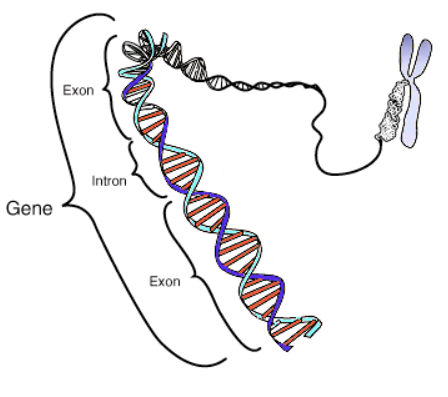Just How Rare are the Known Genetic Causes of Autism?

"Gene" by Courtesy: National Human Genome Research As we have seen so far in this blog, a great deal is already known about various causes of autism. It is claimed that only 5-8% of cases are caused by the mutation of a single gene, as in Fragile-X and Retts syndrome . When I was researching the new drug Arbaclofen, that was being trialed as a therapy for Fragile-X, and autism in general, I was surprised to learn that within Fragile-X there is a wide spectrum. Some people are very severely affected, both mentally and physically and others are quite mildly affected. It turns out the same spectrum effect applies to other known genetic causes of autism, including Neurofibromatosis , Tuberous Sclerosis Complex ( TSC) and Timothy Syndrome . We also have the case of Anderson- Tawil syndrome , which was drawn to my attention by a reader of this blog. This, supposedly extremely rare, syndrome appears to run in families with a high incidence of autism. Some of th...




